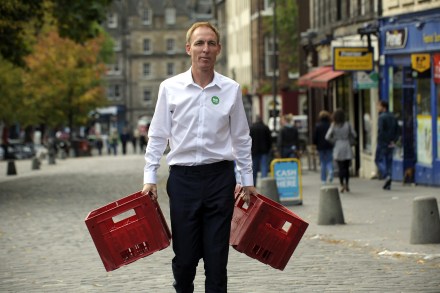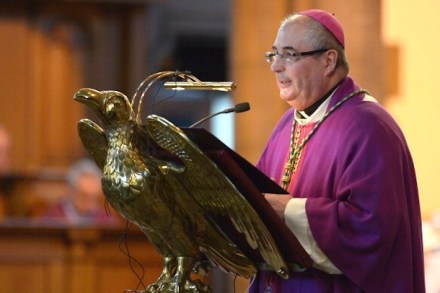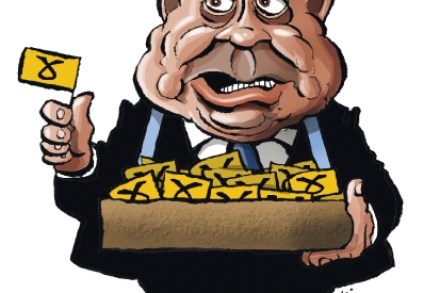The latest economic statistics are a disaster for the SNP (not that it matters)
That, pictured above, is what the Scottish government wants you to remember about the latest GERS (Government Expenditure and Revenue Scotland) figures released today. It’s not, at least according to these calculations, an untruth. Per capita revenues from Scotland are indeed higher than per capita revenues for the UK as a whole once – importantly – a geographical share of North Sea revenues are assigned to Scotland. Hurrah! Winning! Except, of course, these are Revenue and Expenditure figures. And the latter confirm that, once again, per capita spending in Scotland is significantly higher than in the UK as a whole. Some £1,200 per head higher. 1200 is a larger number than 400.




















